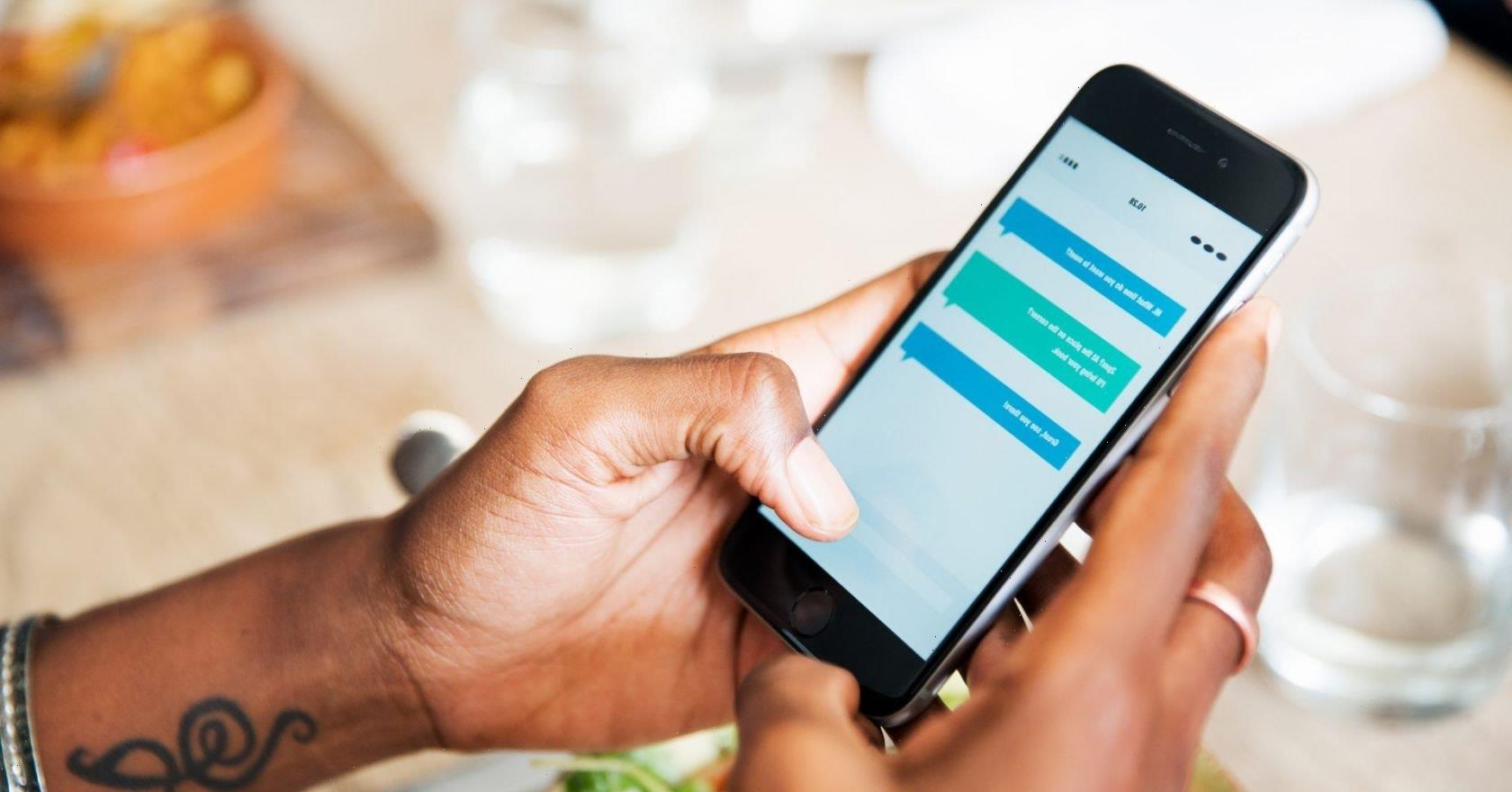Written by Anna Bartter
The Online Safety Bill returns to parliament this week and is set to include a new criminal offence of coercive or controlling behaviour, as well as strengthening laws shielding children from online dangers, writes Anna Bartter.
Amendments to the much-anticipated and hotly contested Online Safety Bill are to be announced in parliament this week. The government is due to bring in improved legislation around internet safety, with the aim of providing stronger protection for children and increasing the accountability of tech firms.
In addition, using social media for controlling or coercive behaviour is set to become a criminal offence, after being added to the list of priority offences in the bill.
What is the Online Safety Bill?
Put simply, the Online Safety Bill, which the government hopes to pass into UK law next summer, is designed to regulate parts of the internet.
The bill has been the subject of much controversy, largely because it planned to tackle “legal but harmful” content on platforms such as Facebook and YouTube, which critics said was a threat to free speech.
This has now been removed, something campaigners argue dangerously waters down the bill. Julie Bentley, chief executive of Samaritans, described dropping the requirement to remove legal but harmful content as “a hugely backward step”, but culture secretary Michelle Donelan insists “a strengthened Online Safety Bill […] will allow parents to see and act on the dangers sites pose to young people”.
What’s in the bill now?
New measures are being added to make social media platforms more transparent and accountable to their users, with changes offering users a “triple shield” of protection when online:
1.Social media firms will be legally required to remove illegal content
2.They will also have to take down any material which is in breach of their own terms of service
3.They will have to provide adults with greater choice over the content they see and engage with
Donelan said: “Unregulated social media has damaged our children for too long and it must end. Young people will be safeguarded, criminality stamped out and adults given control over what they see and engage with online.”
Coercive and controlling behaviour
In addition to strengthening the protection of children online, importantly, the bill boosts protections for women and girls, by adding the criminal offence of controlling or coercive behaviour to the list of priority offences.
Speaking about the changes, Donelan said: “Too many women and girls suffer violent, misogynistic abuse and are bombarded daily with toxic material by social media algorithms. Our pioneering Online Safety Bill forces tech firms to make their platforms safer – and I have strengthened it with even tougher protections for women.
“It will now tackle abusers who use social media to coerce and control women and criminalises the sharing of revenge porn and cyberflashing online. On top of that, it gives women the ability to block anonymous trolls and more control over which harmful content can appear in their timelines and newsfeeds. Taken together, these measures will deliver a radical improvement in the experiences of generations of young girls in the UK growing up online.”
The move will be welcomed by women’s charities such as Women’s Aid, who successfully campaigned to make coercive control a criminal offence in 2015.
Along with the robust new measures, the Victim’s Commissioner, Domestic Abuse Commissioner and Children’s Commissioner will be added as statutory consultees, meaning Ofcom is legally obliged to consult them when drafting the codes that tech firms will have to follow in order to comply with the new rules.
Described by Donelan as “a record-breaking piece of legislation”, it remains to be seen if the measures go far enough, and whether we will all be safer online.
Images: Getty
Source: Read Full Article





